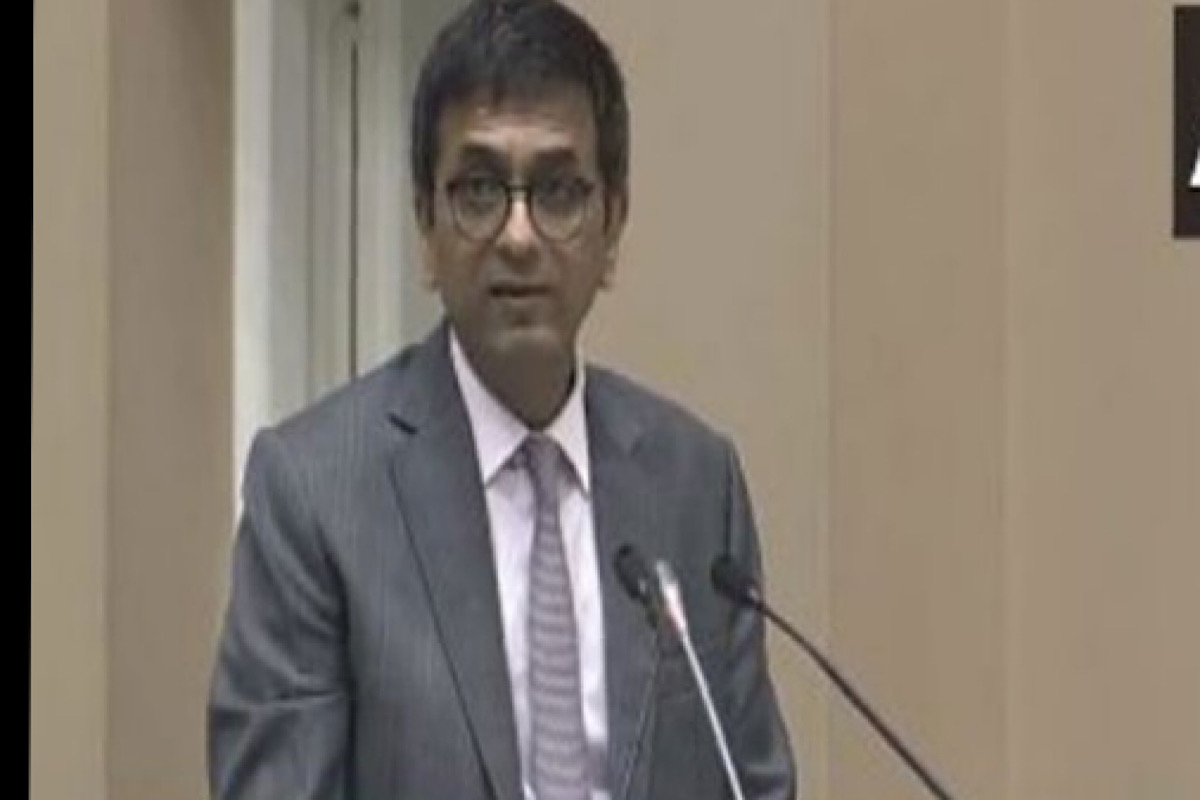Flagging concern over the rising apprehension that district courts are increasingly reluctant to entertain matters concerning personal liberty, Chief Justice of India, Justice DY Chandrachud on Saturday reminded the district judges that “bail is the rule, jail is the exception.”
Referring to the rising apprehension over district judiciary’s reluctant to entertain bail matters, Chief Justice Chandrachud in his inaugural address at the All India District Judges Conference, Kachchh, Gujarat said, “The longstanding principle that “bail is the rule, jail is the exception” seems to be losing ground, as evidenced by the growing number of cases reaching High Courts and the Supreme Court as appeals against the rejection of bail by trial courts.”
This trend, CJI Chandrachud said warrants a thorough re-evaluation and asked the district judges present at the conference to reflect as to why this trend is emerging across the country.
Stating that the district judiciary serves as the primary interface between the justice system and the local communities it serves, the CJI said, “…, the district judiciary needs to constantly reflect and evolve its working, so that the faith of citizens is maintained.”
Referring to the common citizen’s perception that the “adjournment has become a part of the judicial system,” Chief Justice said, “This perception is disheartening, as adjournments, which were never intended to be commonplace, have now become normalized within the judicial process.”
Imploring the district judges to be conscious of this fact, the CJI said that even one adjournment might look like a routine affair, it can have severe ramifications for the litigants.
The CJI cited the instance of a farmer entangled in a property dispute—a scenario all too common. Often, the outcome of the legal battle never comes to light during the farmer’s lifetime.
He said that the burden falls upon their legal heirs, who find themselves embroiled in protracted legal proceedings long after their loved one’s passing.
Referring to the usage of the outdated gender stereotypes in district courts judgments, the CJI said: “Often judgments coming from district court use gender stereotypes and our district courts must use caution in this and judgments like this perpetuate biases and marginalized women within the legal system. Outdated designation of jamadars, etc., show the dated colonial structure.”
Underling that nothing is impossible if all of us work together to find effective solutions and in this collective endeavour, the district judiciary plays a crucial role as the first step of judicial ladder, the CJI said: “Each one of us, individually and collectively, has volumes to learn from various perspectives and, most importantly, from each other. All we need is the humility to recognize this vast scope for learning and create platforms for such an exchange.”











